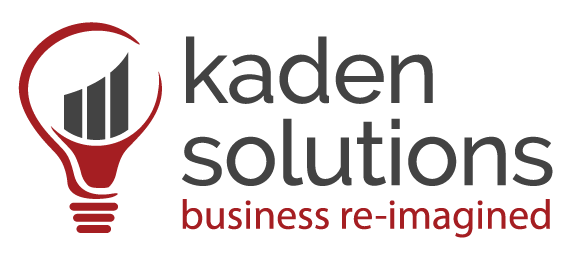Father and Son collaborate on their business - blending traditional wisdom with new ideas in their multi-generational enterprise.
Multi-generational family businesses face unique emotional and operational dynamics. On one hand, senior family members bring decades of hard-earned wisdom and deep industry insight. They’ve weathered market cycles and know what has historically worked, providing a stabilizing legacy for the company. However, this strength can become a hurdle when the older generation is slower to adopt new technologies or modern business practices, sometimes prioritizing stability over change. On the other hand, the younger generation is often brimming with innovative, tech-savvy ideas. They readily embrace current technologies and fresh strategies to keep the business competitive. Yet, lacking the same long-term perspective, younger leaders might not fully foresee the consequences of their bold initiatives, potentially undervaluing the proven practices that underpin the business.
Generational Strengths and Gaps
Seasoned Leadership (Older Generation): Veteran family executives offer invaluable experience, institutional knowledge, and trusted relationships. Their insight into their customers behavior and operational nuances helps avoid pitfalls. At the same time, they may be cautious about abrupt change, which can lead to hesitation in adopting cutting-edge tools or workflows.
Innovative Drive (Younger Generation): Rising members bring fresh perspectives and a natural affinity for innovation. They excel at leveraging emerging technologies and modern marketing channels, infusing the business with creativity and agility. However, without the context of history, they risk moving too fast or disrupting processes that actually work, highlighting a need for guidance from elder mentors.
Fostering an Open, Collaborative Culture
The key to turning these differences into a competitive advantage is open and honest collaboration. Successful family enterprises intentionally cultivate a neutral space where ideas can be shared freely and without ego. Clear, respectful communication is crucial – everyone must feel heard. In fact, studies show that open inter-generational dialogue is critical to bridging tradition and innovation, ensuring the business continues to thrive. Regular family meetings or strategy sessions provide a forum to vet ideas thoroughly, combining the seasoned foresight of one generation with the inventive spark of the other. By creating a “safe and respectful environment” for debate, where opinions are valued on merit rather than seniority, families produce well-rounded solutions with input from all sides.
Equally important is striving for unanimous buy-in on major decisions. When both generations understand the reasoning and collectively agree on a path forward, execution becomes unified rather than undermined. Without such alignment, decision-making can stall or devolve into conflict. Many thriving family firms achieve consensus by having the elders share context and caution while letting younger voices challenge old assumptions – ultimately arriving at decisions everyone supports. This collaborative approach leverages the full spectrum of experience and creativity in the family.
By blending old and new in an atmosphere of mutual respect, multi-generational businesses stay at the forefront of their industry without discarding the time-tested practices that define their brand. The result is an enterprise that innovates continuously yet remains grounded in its core values – a balance that drives sustained growth, long-term success, and high customer satisfaction through each generation.

